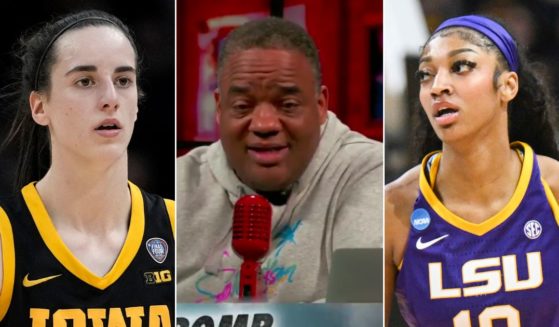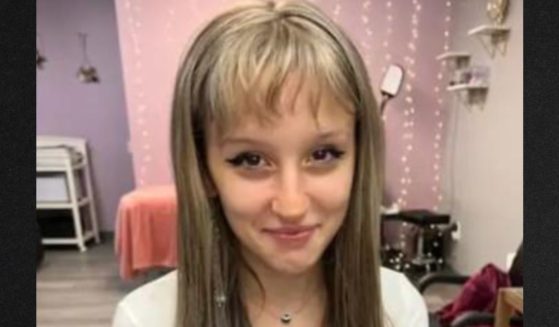Mom Says Her Healthy Son, 16, Died During Math Class Weeks After Receiving COVID Vaccine: VAERS
Many Americans have reported adverse events after receiving the COVID-19 vaccine in recent months. In one particularly heartbreaking case, a California mother said her 16-year-old son died less than a month after receiving the vaccine.
According to a report released under the Vaccine Adverse Event Reporting System, the boy died on April 30, 27 days after he received the Pfizer vaccine.
“My son died, while taking his math class on Zoom,” his mother wrote in the report. “We are waiting for the autopsy because the doctors did not find anything.
“He was a healthy boy, he had a good academic index, he wanted to be a civil engineer. He was the best thing in my life.”
The report indicated the boy had no previous allergies, pre-existing conditions, birth defects or disabilities. He was not on any medications.
“He had no previous symptoms,” his mother wrote. “I was with him one hour before and my assistant saw him 20 minutes prior and he did not show any irregularities.”
She noted that her son had been hospitalized for eight days sometime after receiving the second dose. It is unclear whether he was hospitalized at the time of his death.
Stories like this are important to consider when weighing the pros and cons of vaccination, particularly for young people.
According to Statista, 499 Americans under the age of 18 had died of COVID-19 as of Oct. 6. That represents 0.07 percent of COVID-19 deaths in the country.
Furthermore, Statista reported on Thursday that there had been 5,008,184 confirmed COVID-19 cases among Americans under 18. This means that approximately 0.01 percent of COVID-19 cases in American minors have resulted in death.
Because VAERS is self-reported, it is difficult to confirm the true number of deaths that have occurred due to the vaccine. Overall, the CDC had received 8,390 reports of deaths related to the COVID-19 vaccine as of Oct. 4.
Complications like anaphylaxis and myocarditis have also been reported to the CDC. In particular, heart inflammation from myocarditis has been noticed in young men.
Last month, 21-year-old college student John Stokes said in a since-removed TikTok video that he was diagnosed with myocarditis within four days of his second vaccine dose.
“It isn’t right for people to be forced to take the vaccine because there are actual side effects like this that could happen to you,” Stokes said.
“Everyone should be informed of the side effects, and no one should be forced to take something that could cause what has happened to me.”
There are risks associated with both getting the vaccine and living without it. With that said, the idea that there is no chance of the vaccine causing health issues or even death is simply false.
It is for this reason that receiving the vaccine must be a personal choice. Even if the risk of adverse side effects is small, it still exists.
The federal government has no right to force medical decisions on Americans, and that is especially true if the decision has any possibility of causing harm.
The Western Journal has published this article in the interest of shedding light on stories about the COVID-19 vaccine that go largely unreported by the establishment media. In the same spirit, according to the most recent statistics from the CDC’s Vaccine Adverse Event Reporting System, 8,638 deaths have been reported among those who received a vaccine, or 21 out of every 1,000,000. By contrast, 707,065 deaths from COVID-19 have been reported by the CDC, or 18,607 out of every 1,000,000. In addition, it must be noted that VAERS reports can be filed by anyone and are unverified by the CDC. Thus, as the agency notes, “reports of adverse events to VAERS following vaccination, including deaths, do not necessarily mean that a vaccine caused a health problem.” The decision to receive a COVID-19 vaccine is a personal one, and it is important to consider context when making that decision. — Ed. note
Truth and Accuracy
We are committed to truth and accuracy in all of our journalism. Read our editorial standards.












